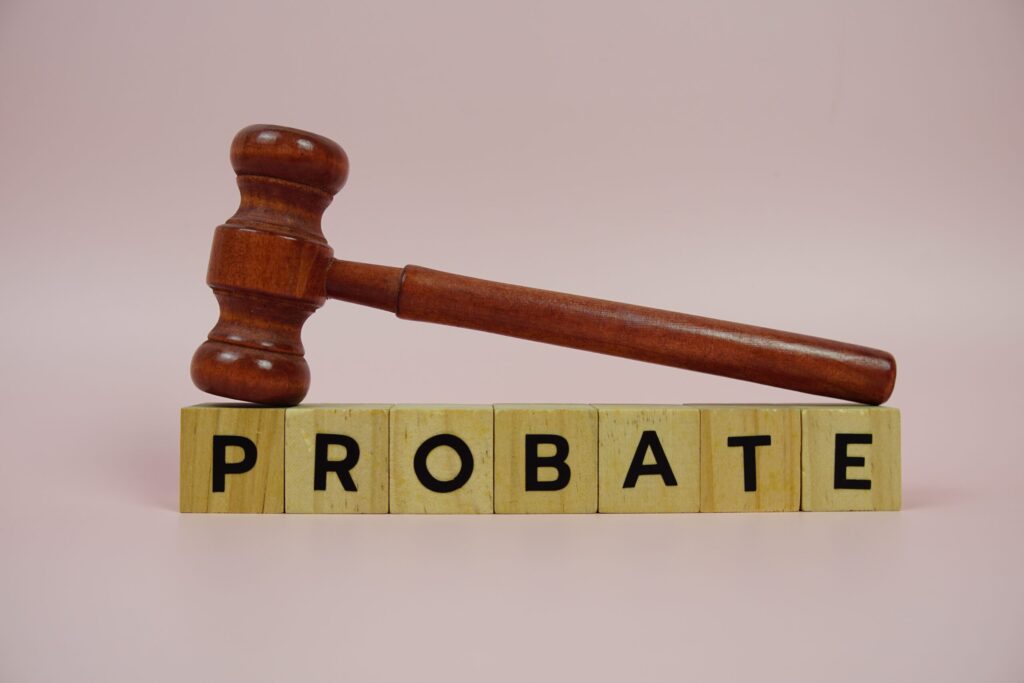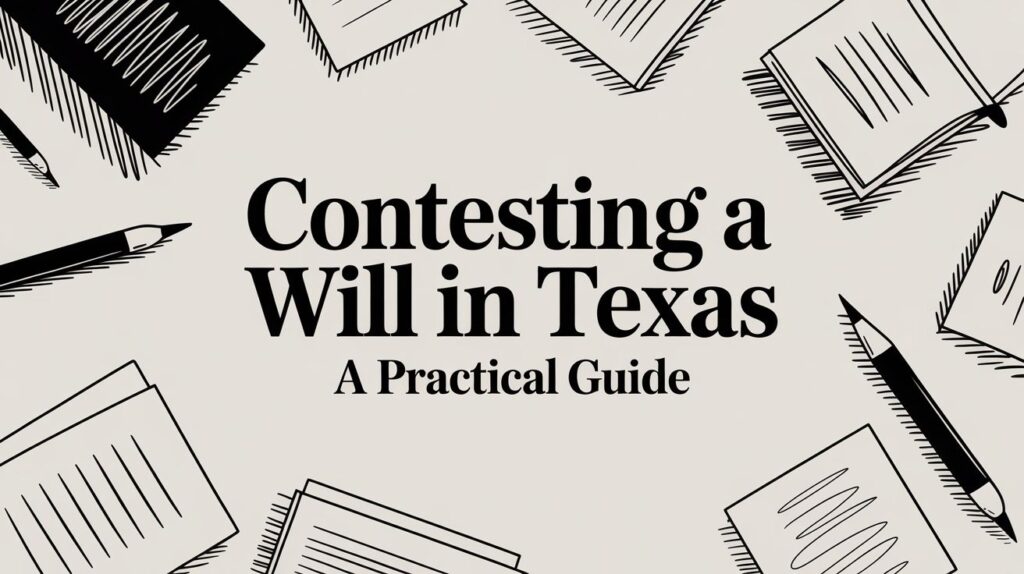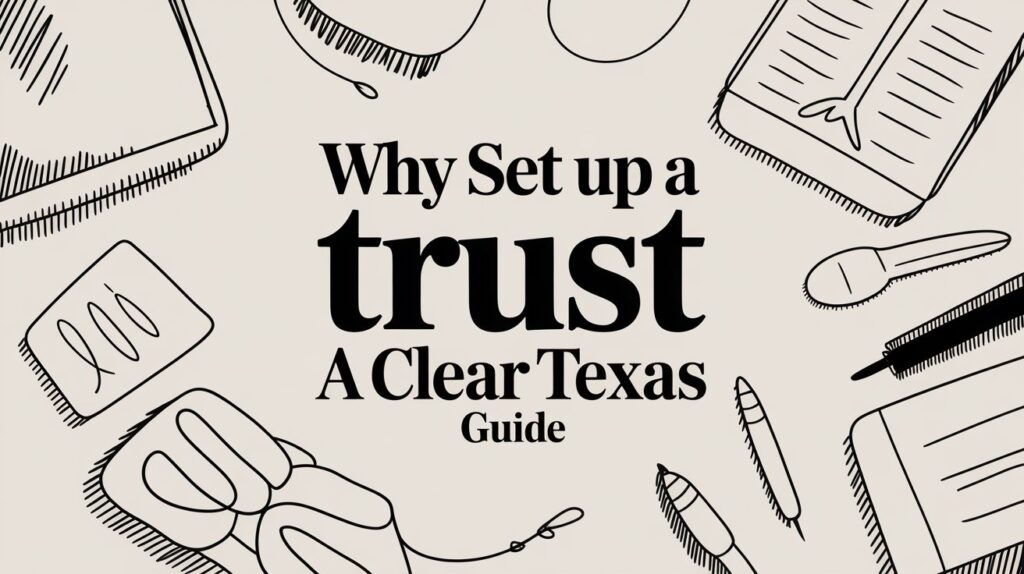Regarding Texas real estate, probate is often a misunderstood and complex process, especially when a property is tied up in contracts or pending sales at the time of an owner’s death. Navigating probate can feel like stepping into uncharted waters—full of legal terms, time-sensitive matters, and, often, family conflicts. However, understanding how probate impacts Texas real estate contracts and pending sales is crucial for anyone involved. Here, we’ll dive into probate, how it affects real estate contracts, the legal challenges, and how pending sales are affected. We’ll also explore strategies for managing this complicated process, ensuring smoother transactions and fewer hiccups.
What is Probate in Texas?
Probate is a legal process that follows the death. It ensures that the decedent’s debts are paid and their assets are distributed according to their will. If they die intestate (without a will), it will be done according to state laws. For real estate, probate determines who has legal authority to sell or transfer property from the deceased’s estate.
In Texas, probate can follow one of several paths depending on the circumstances:

- Independent Administration: This is the most straightforward type of probate and gives the executor more freedom to handle the estate without constant court oversight.
- Dependent Administration: This form of probate requires the executor to obtain court approval for every decision, including real estate transactions. On the flip side, this can lead to delays.
- Muniment of Title: In cases with no outstanding debt, the court can approve this simple probate process. The process allows the transfer of property based solely on the will.
Understanding the type of probate that applies will help in assessing how a real estate transaction may be impacted.
The Impact of Probate on Real Estate Contracts
When a property owner dies during the sale process or has a contract in place, the real estate transaction can face complications. Texas law doesn’t automatically invalidate a real estate contract when someone dies. Instead, probate introduces several legal issues that must be addressed.
1. Delay in Closing the Sale
Probate proceedings can delay the closing of a real estate sale. Even if the property is under contract, the executor must wait for court approval to transfer ownership. If a buyer and seller were already in escrow, the closing might have to be postponed until the probate court appoints an executor/administrator.
Example: If John was in the process of selling his Houston home and passed away before closing, the transaction could stall until the executor or administrator of his estate is appointed. The executor would need to obtain the court’s approval to finalize the sale, causing delays.
2. Executor’s Authority and Powers
In Texas, the executor of an estate is the person who gains control of the deceased’s assets, including real estate. Until this appointment is finalized, no one has the legal authority to sell the property. Even after an executor is appointed, their authority may vary. This depends on whether the estate is under independent or dependent administration.
In independent administration, the executor has the freedom to sell the property without direct court supervision. However, for dependent administration, the executor must seek court approval for nearly every step. This can add several months or even years to the transaction timeline.

3. Title and Ownership Issues
Another issue is the status of the title. When someone dies, their assets—including real estate—typically do not transfer immediately to the heirs. In Texas, property remains in the estate’s name until the probate process is completed, which can create a temporary cloud on the title. Before any sale can move forward, this cloud must be cleared.
Title companies will often refuse to insure a property during probate without confirmation that the executor has the legal right to sell the home. This could delay or even halt a pending sale until the probate process is resolved.
How Probate Affects Pending Real Estate Sales
Real estate contracts are legally binding agreements, and probate complicates matters when the seller dies before the sale is finalized. While the contract may still be valid, the legal complexities of probate often cause significant delays and require careful handling to prevent the sale from falling apart.
1. Can a Sale Proceed During Probate?
Yes, real estate sales can proceed during probate, but they often require court approval—especially in dependent administration. In independent administration, the executor typically has more discretion and can complete the sale without additional court intervention, provided they follow the terms of the will or the estate plan.
For buyers, it’s important to know that purchasing a home in probate can take longer than a typical transaction, often because of the court involvement and title clearance needed before closing.
2. Changes to Contract Terms
Depending on the circumstances, the buyer or the estate’s executor may request changes to the contract. For example, the buyer might ask for an extension on closing, allowing additional time for the probate process to conclude. In other cases, the executor may request an amendment to the sale price, particularly if the property’s value has changed since the original contract was drawn up.
3. The Buyer’s Right to Withdraw
If a probate-related delay drags on too long, some buyers might choose to withdraw from the contract. Many real estate contracts include a “time is of the essence” clause. This means the timeline outlined in the contract must be strictly followed. If probate prevents the sale from closing on time, the buyer could invoke this clause and walk away from the deal, potentially forfeiting their earnest money deposit in the process.

Example: Lisa entered into a contract to buy a home in Dallas. However, before the deal closed, the seller passed away. Due to delays in appointing an executor and obtaining court approval, Lisa’s loan lock-in period expired, and she had to decide whether to continue with the purchase or back out.
Key Probate Considerations for Buyers and Sellers
When dealing with real estate during probate, there are several factors to consider, especially for buyers and sellers.
For Buyers:
- Understand the Process: Know that buying a home in probate may take longer, and you may need to adjust your expectations around the closing timeline.
- Check for Clear Title: Work closely with a title company to ensure there are no legal challenges to the property’s title. The executor must have the court’s approval before the property can be legally sold.
- Be Patient: Delays are common in probate sales, particularly if the court is involved in the process.
For Sellers (or Executors):
- Appoint an Executor Quickly: Delays in appointing an executor can hold up the entire probate process, so it’s important to move quickly.
- Obtain Court Approval: If the estate is in dependent administration, ensure that you seek court approval for any real estate sale as soon as possible.
- Keep All Parties Informed: Probate can be confusing for buyers and real estate agents, so communication is key. Be sure to keep everyone in the loop regarding timelines, delays, and court proceedings.
How to Navigate Probate and Pending Real Estate Sales
Navigating real estate sales during probate can be tricky, but there are ways to make the process smoother:
- Hire an Experienced Probate Attorney: A probate attorney can guide the executor through the legal process and ensure all court requirements are met.
- Work with a Knowledgeable Real Estate Agent: A real estate agent with experience in probate sales can help buyers and sellers navigate the challenges, negotiate contract extensions, and ensure the transaction goes smoothly.
- Communicate with the Title Company: Title companies will not issue insurance on a property in probate until the title is cleared, so it’s important to stay in close contact with them.
- Be Flexible: Buyers and sellers may need to be flexible with timelines and contract terms. In probate cases, patience and understanding can go a long way.
Conclusion: Understanding the Intersection of Probate and Real Estate in Texas
Probate can significantly impact real estate contracts and pending sales, creating delays and legal hurdles that must be overcome. Whether you are a buyer, seller, or executor, understanding how probate works in Texas is essential to navigating these challenges successfully. From court approvals to title clearance, the complexities of probate require careful attention and expert guidance. While probate may introduce delays and potential complications, with the right strategies, it’s possible to complete real estate transactions efficiently and fairly—even in the face of legal and procedural obstacles.








